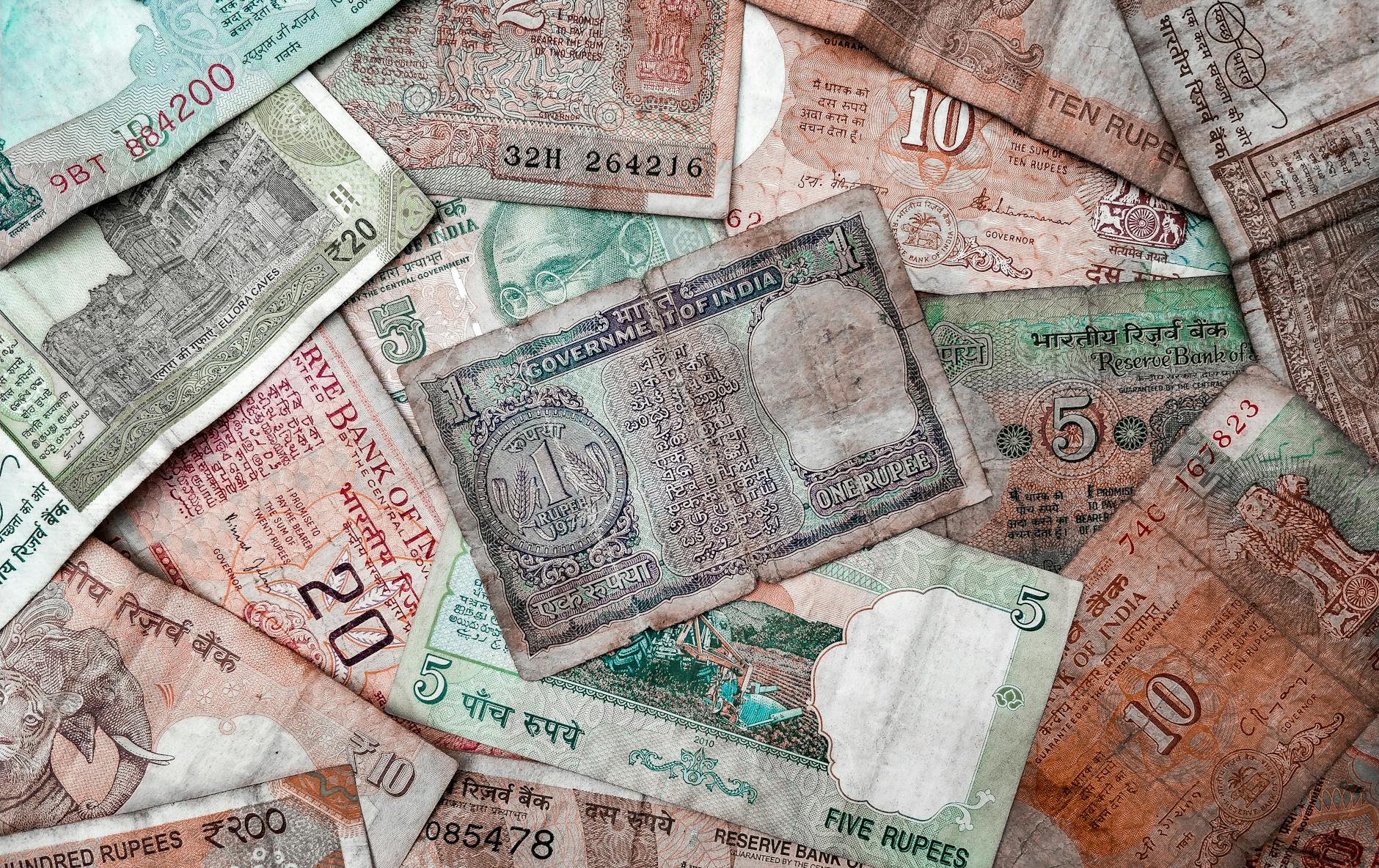Are you protected from trademark infringement in India? Learn how to navigate the complex world of TM law.
Table of Contents
Trademark infringement is a serious issue that can have significant consequences for businesses in India. Understanding the ins and outs of trademark infringement and how to protect your intellectual property rights is crucial for safeguarding your brand. In this blog post, we will explore the world of trademark infringement in India and provide valuable insights on how to navigate this complex legal landscape.
Trademark Infringement in India
Trademark infringement occurs when a third party uses a trademark that is identical or similar to a registered trademark in a way that is likely to cause confusion among consumers. In India, trademark infringement is governed by the Trademarks Act, 1999, which provides legal protection to registered trademarks and allows trademark owners to take legal action against infringers.
It is important for businesses to conduct regular monitoring of their trademarks to detect any instances of infringement. If you believe that your trademark rights have been violated, it is important to take prompt action to protect your interests.
Seeking Legal Remedies
When confronted with trademark infringement, trademark owners in India have several legal remedies at their disposal. These include sending a cease and desist letter to the infringing party, initiating civil litigation to seek damages, and filing a complaint with the Intellectual Property Appellate Board (IPAB) for resolution.
It is advisable to seek the guidance of a qualified intellectual property attorney to navigate the legal process effectively and maximize the chances of a successful outcome.
Enforcing Your Trademark Rights
Enforcing your trademark rights is essential to maintaining the integrity of your brand and preventing unauthorized use by third parties. In India, trademark owners can enforce their rights by taking swift legal action against infringers and seeking remedies such as injunctions, damages, and orders for the destruction of infringing goods.
It is important to be proactive in protecting your trademark rights and to monitor the market for any signs of potential infringement. By staying vigilant and taking prompt action when necessary, you can protect your brand and preserve its value.
Preventing Trademark Infringement
Prevention is key when it comes to trademark infringement. By taking proactive measures to safeguard your trademarks and educate your employees about the importance of intellectual property rights, you can reduce the risk of infringement and protect your brand reputation.
| Navigating the World of TM Infringement: What You Need to Know in India | |
|---|---|
| Topic | Information |
| Definition of Trademark Infringement | Unauthorized use of a trademark or confusingly similar mark in a manner that is likely to cause confusion among consumers. |
| Legal Remedies | – Filing a civil lawsuit – Requesting cease and desist orders – Seeking damages and injunctions |
| Penalties for Infringement | – Financial penalties – Seizure of infringing goods – Criminal prosecution in severe cases |
| Defenses Against Infringement | – Prior use of the mark – Lack of confusing similarity – Fair use of the mark |
| Enforcement Agencies | – Controller General of Patents, Designs, and Trademarks – Police authorities – Customs officials |
Some effective strategies for preventing trademark infringement include conducting regular trademark searches, monitoring the market for potential infringers, and registering your trademarks with the appropriate authorities to establish legal protection.
Conclusion
Trademark infringement is a complex legal issue that requires careful navigation and proactive measures to protect your brand. By understanding the laws and regulations governing trademark infringement in India and taking timely action to enforce your rights, you can safeguard your intellectual property and preserve the value of your brand.
If you believe that your trademark rights have been infringed upon, it is important to seek legal advice from a qualified intellectual property attorney to explore your options and determine the best course of action. Remember, taking action against trademark infringement is essential to preserving the integrity of your brand and maintaining your competitive edge in the marketplace.
FAQ
Question 1: What is trademark infringement in India?
Answer 1: Trademark infringement in India occurs when a third party uses a trademark that is identical or similar to a registered trademark in a way that can cause confusion among consumers, violating the Trademarks Act, 1999.
Question 2: How can I seek legal remedies for trademark infringement in India?
Answer 2: You can seek legal remedies for trademark infringement in India by sending a cease and desist letter, initiating civil litigation for damages, or filing a complaint with the Intellectual Property Appellate Board (IPAB) for resolution.
Question 3: How can I enforce my trademark rights in India?
Answer 3: You can enforce your trademark rights in India by taking legal action against infringers, seeking injunctions, damages, and orders for the destruction of infringing goods, and by monitoring the market for potential infringement.
Question 4: What are some strategies for preventing trademark infringement in India?
Get
Answer 4: Some effective strategies for preventing trademark infringement in India include conducting regular trademark searches, monitoring the market for potential infringers, registering your trademarks with the appropriate authorities, and educating your employees about the importance of intellectual property rights.

